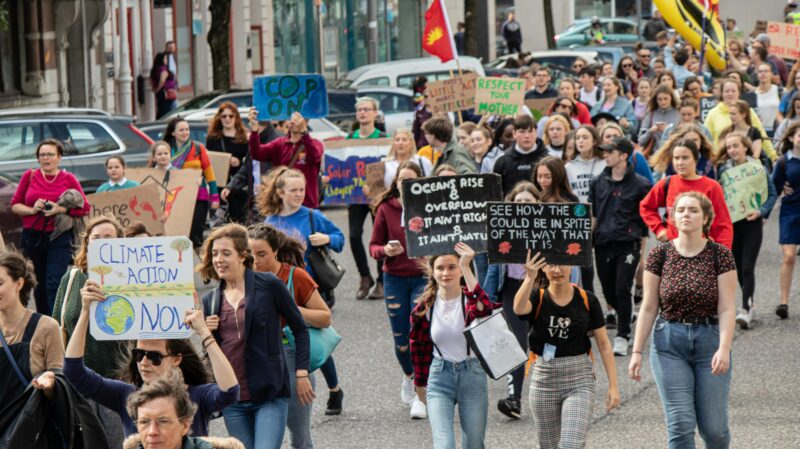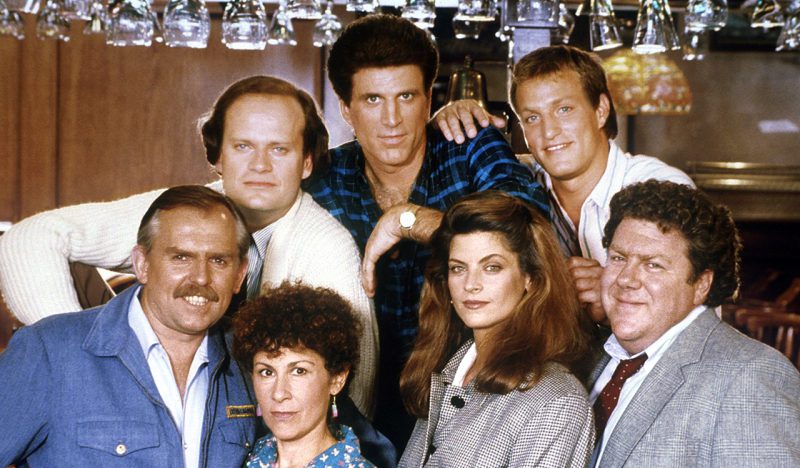Editorial
Why Planet Placement?
Imagine a TV and film industry that's more relevant than ever.
Imagine creating content that sets the cultural agenda in a rapidly evolving entertainment landscape. Content that helps you connect with and grow new audiences.
Want in?

Bring the planet into your programming.
Sustainability and climate change are rising up the agenda. They’re no longer confined to the science sections of our news websites. It’s something that new audiences – especially millennials and Gen Zs – care deeply about.
In a recent survey, nearly half of all young people ranked climate change and the destruction of nature as the most serious issue affecting the world today, more pressing than war or inequality (World Economic Forum, 2017). It’s also something that’s keeping them up at night. 62% of young Britons said climate change made them fearful for the future (Broadbent et al. 2017). And, from sharing rides to renting goods, young people are actively trying to find new ways to deal with today’s environmental reality (Euromonitor International, 2018).
But it’s not just in surveys that young people are telling the world how much they care. In the recent school strikes, masses of young people globally took to the streets to protest the lack of action being taken on climate change.
Environmental issues are the stories of this generation. We’re calling on you to tell those stories.

The screen industries have a crucial role to play in solving climate change. Reducing the footprint of productions is important. But, by far, the greatest opportunity to make an impact is through the content we put on screen. Collectively, our industry reaches millions of people every single day. That represents an unprecedented opportunity to shift mindsets and make positive environmental behaviours mainstream. It’s a chance to shape society’s response to climate change.

This is your opportunity – and you’ve done it before.
We’ve already seen how powerful TV and film can be in embedding positive behaviours and inspiring new ways of seeing the world. In the 80s and 90s the term “designated driver” made it into hundreds of primetime TV shows helping to normalise the behaviour across the US and reduce drunk driving fatalities. And with the rise of purpose-driven programming today, we’re seeing how those at the cutting-edge are tapping into the drama of a changing world and engaging audiences in new ways.
By creating content that normalises sustainable behaviours and helps people better understand and connect with the world we all depend on, you have the chance to tell new stories and reach younger audiences in meaningful new ways. You’ll be reflecting the reality of the world right now. And you’ll be changing the world for the better.
Whether you’re a writer, a producer or commissioning editor, Planet Placement is here to provide inspiration and practical guidance on how to do it successfully. Take a look at the latest environmental trends – from fracking to food crazes – to fuel new stories. Explore examples of how other TV shows and films have embedded environmental sustainability for inspiration. And discover all of the tactics and opportunities at your disposal, whatever your role, whatever your genre.
And don’t worry. We’re not asking you to be earnest or educational, to scare people into taking action, or to create the type of content you’d expect from an NGO. We’re asking you to be fun, humorous and witty. To tell stories that capture the energy, innovation and solutions that are happening all around us. We’re asking you to tell fascinating stories in a human way – like you always do.
